Intel To Build AI Into PCs So That Your Next Computer Works Faster
Dhir Acharya - Nov 19, 2019
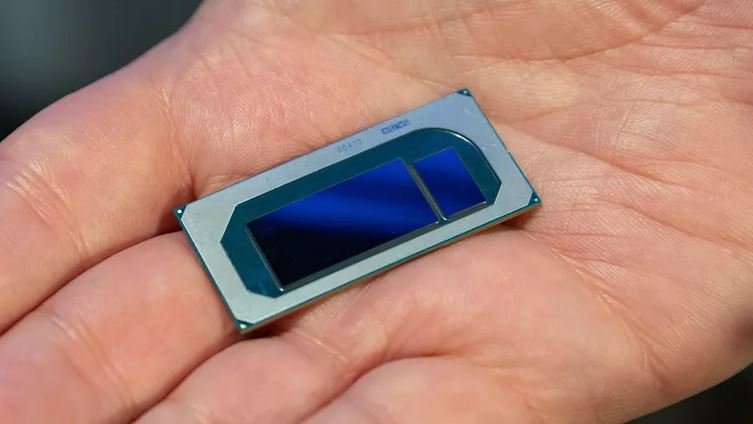
Software and computer makers haven't even demanded hardware that boosts AI tasks in a PC yet, but that will soon change with Intel's plan.
- Getting Started with AI: A Newbie's Simple Guide
- IDC Report Predicts Surging Smartphone Prices Due to Global RAM Shortage
- Samsung Links Galaxy S26 Price Hikes to AI Memory Supply Issues
You may not recognize this, but you may be using artificial intelligence every day. AI enables voice recognition in your smartphone and detects your friends in pictures. Meanwhile, in the cloud, AI hands out search results and deals with spam emails.
Software and computer makers haven't even demanded hardware that boosts AI tasks in a PC yet, but that will soon change and Intel wants to integrate more AI power into its offerings.
During the 2019 AI Summit held by Intel this week, its general manager of AI chip work Naveen Rao said that:

Integrating AI into the laptop is part of a profound transition that sweeps the computing industry. Generally, artificial intelligence refers to neural network tech that is inspired by the human brain, trained to use real-world data for decision making. We have seen impressive results generated from this technology. Face unlock is a feature relying on AI and so do speech-to-text transcription software, pattern scanning for detecting credit card fraud and self-driving car navigation.
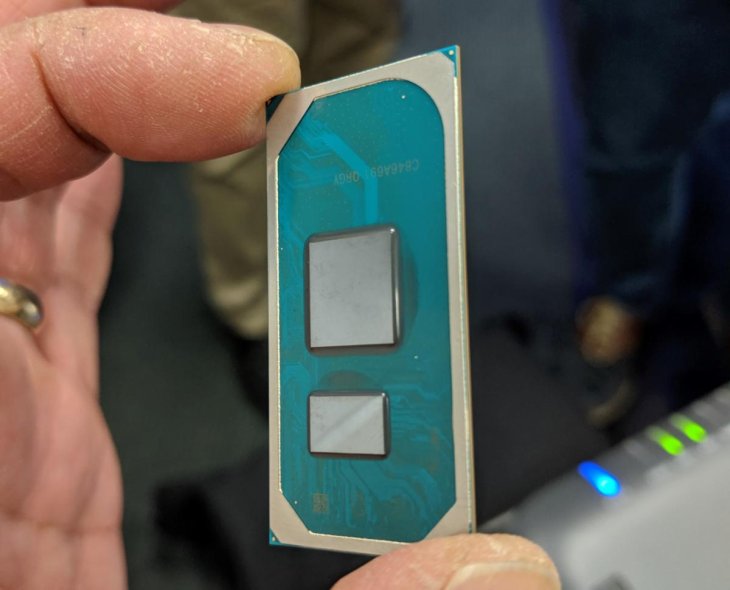
Intel has already included some AI capabilities in its Ice Lake laptop chips. For example, DLBoost is a feature that’s meant to speed AI tasks such as figuring out the objects and subjects in a picture. Or Gaussian Neural Accelerator is responsible for processing voice commands when a computer is in the low-power standby mode.
As Ice Lake only came out this fall after being bogged down your several years, Samsung, Apple, Google, as well as other phone makers, managed to include AI hardware in their processors before laptops do. Meanwhile, Nvidia benefited from this delay when it rolled out graphics processors that can handle AI processing.
Expecting AI processors
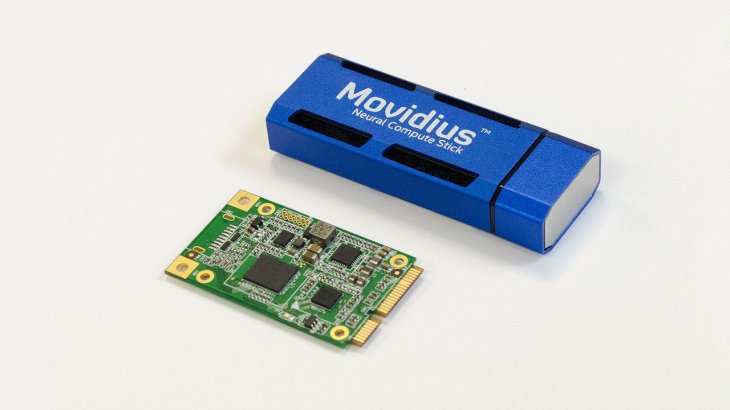
Intel processors are not the only way to have AI power in computers. Graphics chips are already built into laptops though they aren’t great at AI processing. However, custom AI hardware will make its ways because the advantages are undeniable.
Nvidia refused to comment.
Intel currently has two families of dedicated AI chips: Movidius processors for small devices and Nervana data center processors.
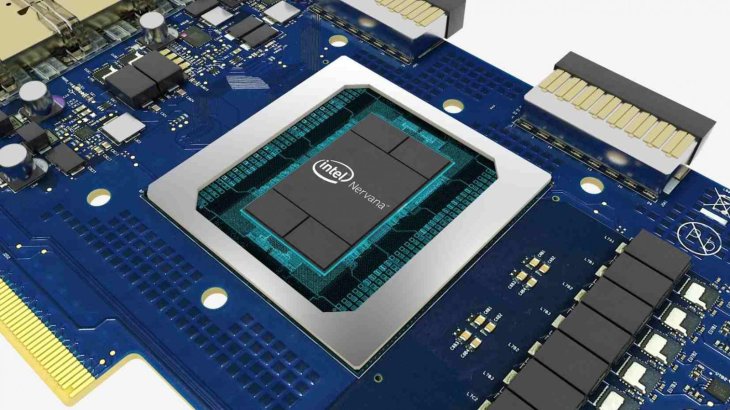
Coming with AI processors is the next wave of computing power
Artificial intelligence is the next major phase of chip design, as stated by Intel’s general manager for the silicon engineering group.
In the past decades, computers have been sped up with faster chip cores, multiple chip cores, and graphics processors. Each of them appeared when the previous one was no longer as great. And now AI has started to push performance.
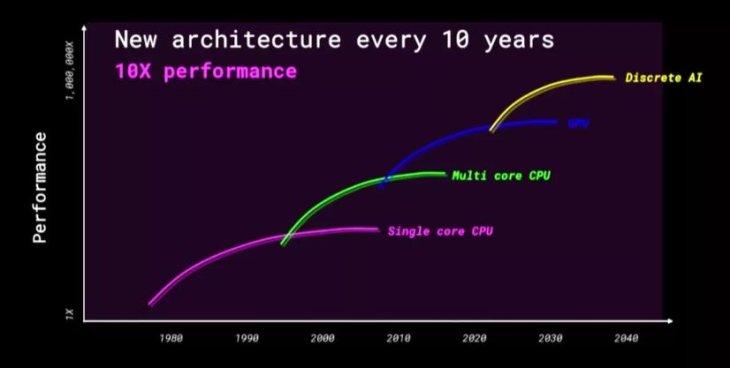
There are two phases in AI computing: training and inference. In the training phase, we need computers able to process huge amounts of data. For instance, to identify what features in a photo, we need a computer for sorting through billions of labeled pictures to generate a model. In the second phase, the model is used for identifying what is in a particular picture.
The new Intel Movidius and Nervana processors
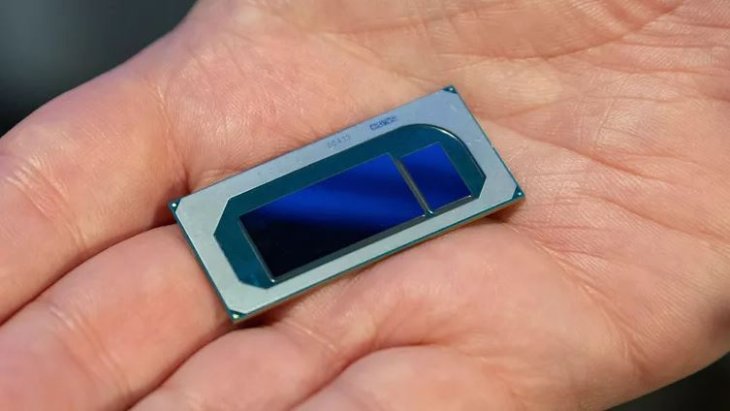
Intel has already put is Nervana chips on sale for training and identifying to data centers bundled with servers, which are computing infrastructure that powers services at Facebook, Google, and other AI-heavy firms. Now, the chipmaker announced that it is selling the larger Nervana NNP-T processors to training as well as the smaller NNP-I processors for identifying.
Facebook uses NNP-I while Baidu makes use of the NNP-T. The social giant relies on AI for translating texts from a language to another 6 billion times per day, according to Facebook’s AI director Misha Smelyanskiy.
In addition, Intel announced the Movidius AI processor, whose codename is Keem Bay, set to launch in the first half of next year to power-constrained devices like security cameras. Jonathan Ballon, Intel’s VP for IoT group said that it requires power, size, and a price that can compete with similar products.
Featured Stories

How To - Mar 04, 2026
Getting Started with AI: A Newbie's Simple Guide
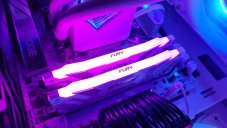
ICT News - Mar 03, 2026
Budget Entry-Level PCs Under $500 to Vanish by 2028 Due to Memory Price Surge

ICT News - Mar 02, 2026
IDC Report Predicts Surging Smartphone Prices Due to Global RAM Shortage
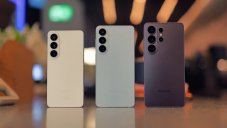
ICT News - Mar 01, 2026
Samsung Links Galaxy S26 Price Hikes to AI Memory Supply Issues

ICT News - Feb 28, 2026
Anthropic Blacklisted by US Department of War: Trump Orders Federal Ban Over AI...

ICT News - Feb 26, 2026
AI Models Frequently Resort to Nuclear Escalation in Simulated Crises, Study...
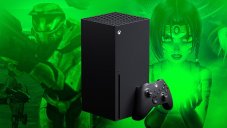
ICT News - Feb 23, 2026
It's Over for Xbox: Asha Sharma Takes Over to Ruin Microsoft Gaming with AI

ICT News - Feb 22, 2026
Which AI Model Excels at Which Task in 2026: A Comprehensive Guide

ICT News - Feb 21, 2026
AI Coding Agent Causes Major AWS Outage at Amazon

ICT News - Feb 20, 2026
Tech Leaders Question AI Agents' Value: Human Labor Remains More Affordable
Read more

ICT News- Mar 03, 2026
Budget Entry-Level PCs Under $500 to Vanish by 2028 Due to Memory Price Surge
The era of the sub-$500 PC appears to be ending.

How To- Mar 04, 2026
Getting Started with AI: A Newbie's Simple Guide
Are you curious about artificial intelligence but not sure where to begin? You are not alone.
Comments
Sort by Newest | Popular